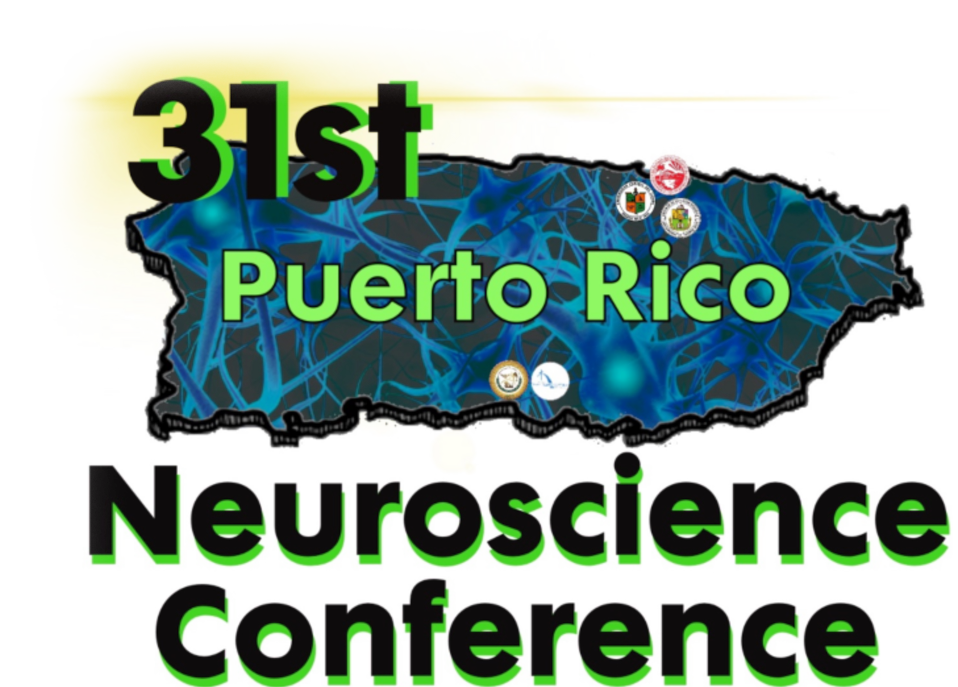The Universidad Central del Caribe (UCC) presents ArsMedicina, a scientific journal that offers a new publication space for scientists and students with the purpose of disseminating knowledge to the entire community.
Our mission
To offer an innovative space for exchanging new knowledge in basic, clinical, and behavioral sciences in an open-access format.
Our vision
To publish scientific papers and disseminate health information with the highest standards of quality, excellence and methodological rigor.
The journal values are:
For UCC, its faculty, students, and alumni, ArsMedicina represents another step forward in fulfilling our mission as an institution of higher education dedicated to training high-quality health professionals dedicated to meeting the needs of the community with a humanistic focus and a high sense of moral obligation. ArsMedicina is the new UCC scientific outreach tool.
We thank Dr. Jorge Lastra, founder of ArsMedicina, for his interest in UCC continuing his innovative project dedicated to science and education. His legacy will continue with us.
Celebrating 31 Years of Neuroscience Excellence: Highlights from the Puerto Rico Neuroscience Conference 2023
 The hosting institution of the 31st Puerto Rico Neuroscience Conference was the Universidad Central del Caribe (UCC), School of Medicine, chaired by Dr. David Rivera-Aponte. The organizing committee included esteemed members from various institutions, such as Dr. Mark Miller, Dr. Carmen Maldonado, Dr. Emmanuel Cruz, and Dr. Zaira Mateo.
The hosting institution of the 31st Puerto Rico Neuroscience Conference was the Universidad Central del Caribe (UCC), School of Medicine, chaired by Dr. David Rivera-Aponte. The organizing committee included esteemed members from various institutions, such as Dr. Mark Miller, Dr. Carmen Maldonado, Dr. Emmanuel Cruz, and Dr. Zaira Mateo.
The event took place at the University of Puerto Rico, Bayamón Campus (UPRB), marking another successful opportunity for fostering communication and collaboration among students and faculty dedicated to neuroscience research. With approximately 300 participants, various plenary sessions, and a showcase of 75 posters, the event was a hub for intellectual exchange.
Plenary sessions featured distinguished speakers: Dr. Daniel Colón from Yale School of Medicine, Dr. Bianca Jones from Columbia University, Dr. Mark Harnett, and Dr. Pedro Feliciano from the Massachusetts Institute of Technology. Their contributions added depth and insight to the conference discussions.
An exciting addition to this year’s event was the inaugural neuro art section, allowing participants to showcase paintings, designs, and unique fluorescent microscopy images in an art exhibition. This creative initiative expanded the conference’s scope, emphasizing the interdisciplinary nature of neuroscience.
Furthermore, the conference organizers acknowledged the valuable partnership with the UPRB, which enabled the event to be hosted for the first time in that institution, highlighting the collaborative spirit within the scientific community.
The Puerto Rico Neuroscience Conference would not have been possible without Dr. Vesna Eterovic, Professor of Biochemistry and Director of the RCMI Center for Molecular and Behavioral Neuroscience at the UCC, and Dr. Richard Orkand, from the UPR Puerto Rico Neuroscience Institute.
In 1992, following a research seminar Dr. Eterovic, Dr. Orkand, Dr. Pedro Ferchmin, and Dr. Richard Hann from the UCC Department of Biochemistry discussed the idea of organized an annual Puerto Rico Neuroscience Conference. Roughly six months later, on November 13, 1992, the First Puerto Rico Neuroscience Conference was held at the UCC in Bayamón.
As the conference continues to evolve, the Puerto Rico Neuroscience Conference remains a vital platform for advancing neuroscience research, fostering collaboration, and inspiring the next generation of scientists. The continued success year after year symbolizes the enduring commitment of the scientific community to pushing the boundaries of knowledge and fostering a legacy that transcends time.
Submitted Abstracts
The effects of exposure to dibutyl phthalate and manganese on locomotion in the freshwater prawn Macrobrachium rosenberji
Isabel S. Castro-Rivera1, Ana I. Ortiz-Colón2,3, Nilsa M. Rivera-Cheverez2, María A. Sosa-Lloréns2 1 Department of Environmental Sciences, Rio Piedras Campus, University of Puerto Rico 2 Department of Anatomy & Neurobiology, School [...]
The role of Slowpoke in Epigenetic Mechanisms of alcohol induced tolerance in Drosophila
Authors and Affiliations: Ian A. Mercado-Suárez*1, Christian D. Del Valle-Colón1, Nicolás L. Fuenzalida-Uribe2, Alfredo Ghezzi1 Department of Biology, University of Puerto Rico, Río Piedras, San Juan, PR1, Institute of Neurobiology, San [...]
Long Term Memory formation process in an approach to the inhibition of DNA repair
Felipe Rosa- Colon1, Fanfan Noel1, Tugrul Giray1, Martin Giurfa2, Gabriela Giurfa2 1University of Puerto Rico - Rio Piedras Campus 2Université Toulouse III - Paul Sabatier Keywords: Long-term memory, honey bees, DNA [...]
Extinction-like behavior and BDNF expression of female rats in the absence of extinction training
Authors: 1Rosado-Rodríguez, Fabiana Z., 2Richiez-Mateo, Wilma, 3Torres-Lloret, Mario E, 3Barreto-Estrada, Jennifer L. Affiliations: 1Department of Psychology, University of Puerto Rico, Río Piedras Campus, 00925-253, 2Department of Biology, University of Puerto Rico, [...]
Characterization of insulin-like growth factor system components in echinoderms during intestinal regeneration.
*E. J. AVILES-RIOS, M. GROSSO-GARCIA, J. E. GARCÍA-ARRARÁS; Biol., Univ. de Puerto Rico, Rio Piedras, San Juan, Puerto Rico INTRODUCTION: Insulin and insulin-related peptides such as Insulin-like Growth Factors (IGFs) are [...]
Allatotropin expression in the CNS of Biomphalaria glabrata, an intermediate host for human schistosomiasis
Diego Nazario-Martínez1, Joseph Torres-Cruz1, Alana Rivera2, Julian Maldonado2, Dina Bracho 2, Laura Vicente-Rodríguez1, Mark W. Miller2 1Department of Biology, University of Puerto Rico at Cayey 2Department of Anatomy and Neurobiology, Institute [...]
The effects of dibutyl phthalate developmental exposure on worker honey bee behavior and circadian rhythms
Catalina P. Rodriguez Alemany and Tugrul Giray Department of Biology, University of Puerto Rico Rio Piedras Campus, San Juan, PR, USA INTRODUCTION: Honey bees (Apis mellifera) are economically and ecologically important [...]
Opioid abuse disorder is one of the cognitive disorders that significantly affects the CNS, and its sustained use may lead to drug dependency despite harmful consequences.
Authors: 1Rosado-Rodríguez, Fabiana Z., 2Richiez-Mateo, Wilma, 3Torres-Lloret, Mario E, 3Barreto-Estrada, Jennifer L. Affiliations: 1Department of Psychology, University of Puerto Rico, Río Piedras Campus, 00925-253, 2Department of Biology, University of Puerto Rico, [...]